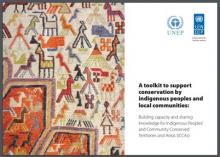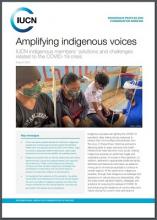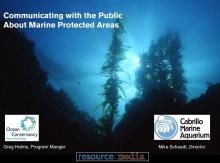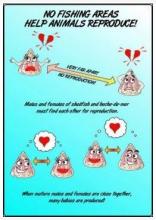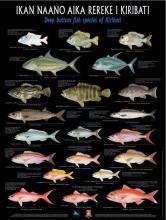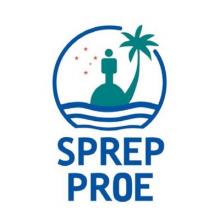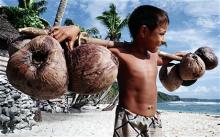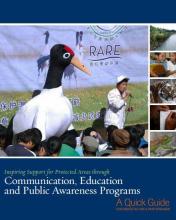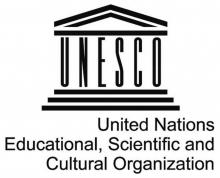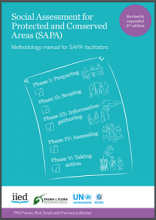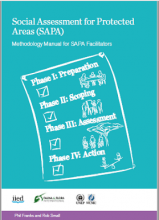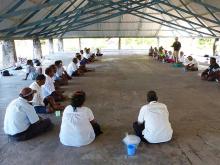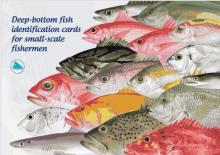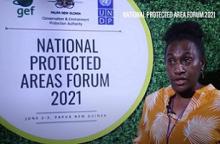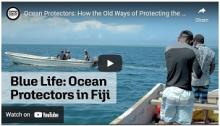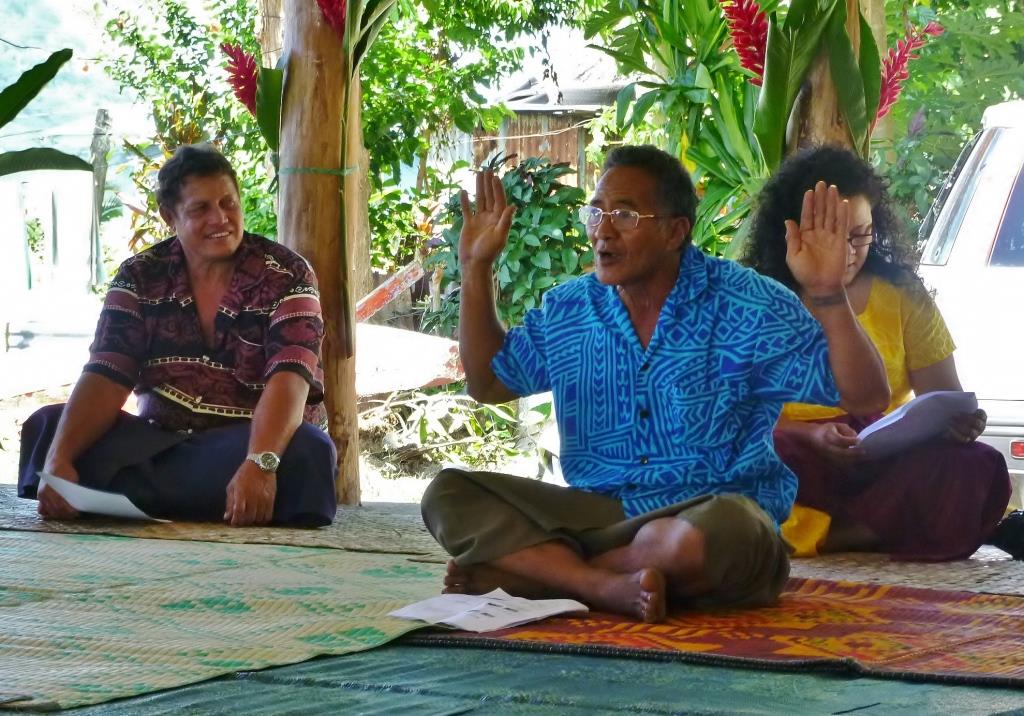
Communicating science and management within the local culture and finding innovative ways to encourage people to alter their behaviour are possibly the most important aspects of protected area creation and implementation and management. However, these are also areas that are under-resourced and often overlooked.
The range of resources in this section has been selected to assist practitioners in overcoming these challenges. Some of the links provide direct access to tools and resources that have already been developed for working with communities. These resources are divided into the following two sub-sections:
Impact of Protected Areas on Poverty and Human Well-Being
Daniel Brockington, David Wilkie. Protected areas and poverty.Philosophical Transactions of the Royal Society B: Biological Sciences, 2015; 370 (1681): 20140271 DOI:


